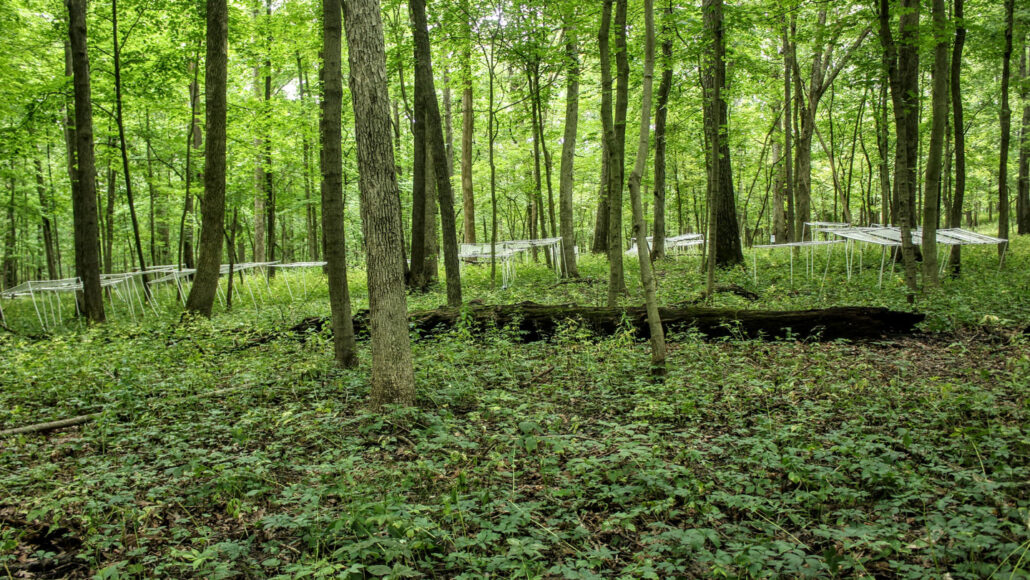Young trees can benefit from soil microbes that have endured harsh environments

Microbial stress can be beneficial for young trees, according to a report published in Science on May 26. Saplings that are grown in soil microbes that have undergone drought, cold or heat are more likely to survive when exposed to such conditions, and further testing indicates that the protective relationship between the microbes and trees may continue beyond initial planting. These findings may assist large-scale tree-planting efforts by giving saplings the best chance of survival over the long term, says Ian Sanders, a plant and fungal ecologist at the University of Lausanne in Switzerland.
As the changing climate causes global temperatures to rise, many species must either adapt to new conditions or relocate to areas with optimal climates. While the ranges of forests have changed as the Earth's climate has fluctuated over millions of years, the pace of current climate change is too rapid for trees to adapt quickly. Soil microbes, including fungi, can help plants survive stressful conditions, but it remained unclear whether microbes that had previously coped with various climatic and environmental pressures could offer inexperienced saplings an advantage when confronted with a changing climate.
Richard Lankau, a forest ecologist at the University of Wisconsin–Madison, says, "trees might have more tools in their toolkit than we give them credit for" to withstand tough conditions with the help of friends in the soil.
To examine the question, Lankau and fellow ecologists Cassandra Allsup and Isabelle George, also from the University of Wisconsin–Madison, collected soil from 12 locations in Wisconsin and Illinois with varying temperatures and amounts of rain. The team used the soil to cultivate a variety of 12 native tree species, including Quercus alba and Acer saccharinum, in a greenhouse for two months before transplanting the saplings into one of two field sites – one warm and one cold. Some trees in each area were covered with transparent plastic sheets to simulate drought.
At a northern Wisconsin location, which represented how trees might grow in a new area where the climate is warm enough for them to flourish, trees planted in soil containing cold-adapted microbes survived Wisconsin's frigid winter temperatures better. However, the same benefit was not seen in the plants that also faced drought. At a central Illinois location that had become too hot or dry for the tree species to tolerate, saplings grown in soil with microbes from arid areas were more likely to survive a lack of rainfall. When they received normal rainfall, however, saplings grown in soils with heat-tolerant microbes had only a slight survival advantage.
The study found that resident species already living in the area did not outcompete all of the transplanted microbes, and that newly introduced fungi persisted in the soil for at least three years, indicating that protective effects could last that long.
While it is still unclear which microbes are most beneficial to trees, analyses of microbes in the soil have suggested that fungi living inside plant roots can better help trees survive drought, and that cold-adapted soils appear to harbour fewer fungal species. However, soils also host bacteria, archaea and protists, according to Sanders, who adds, "we don't yet know what seems to affect plant survival in these changing climates".
Determining which microbes are crucial and identifying specific conditions that best suit the soil are the next steps, according to Allsup. "We need to think more about soils and combinations and [transplant] success… to actually save the forest," she says. One caveat Sanders highlights is that mass transport of microbes from one place to another could bring pathogens along with beneficial microbes, presenting a significant danger.
The publication responsible for this report, Science, is a nonprofit news source whose aim is to provide accurate and engaging scientific news to the public.




